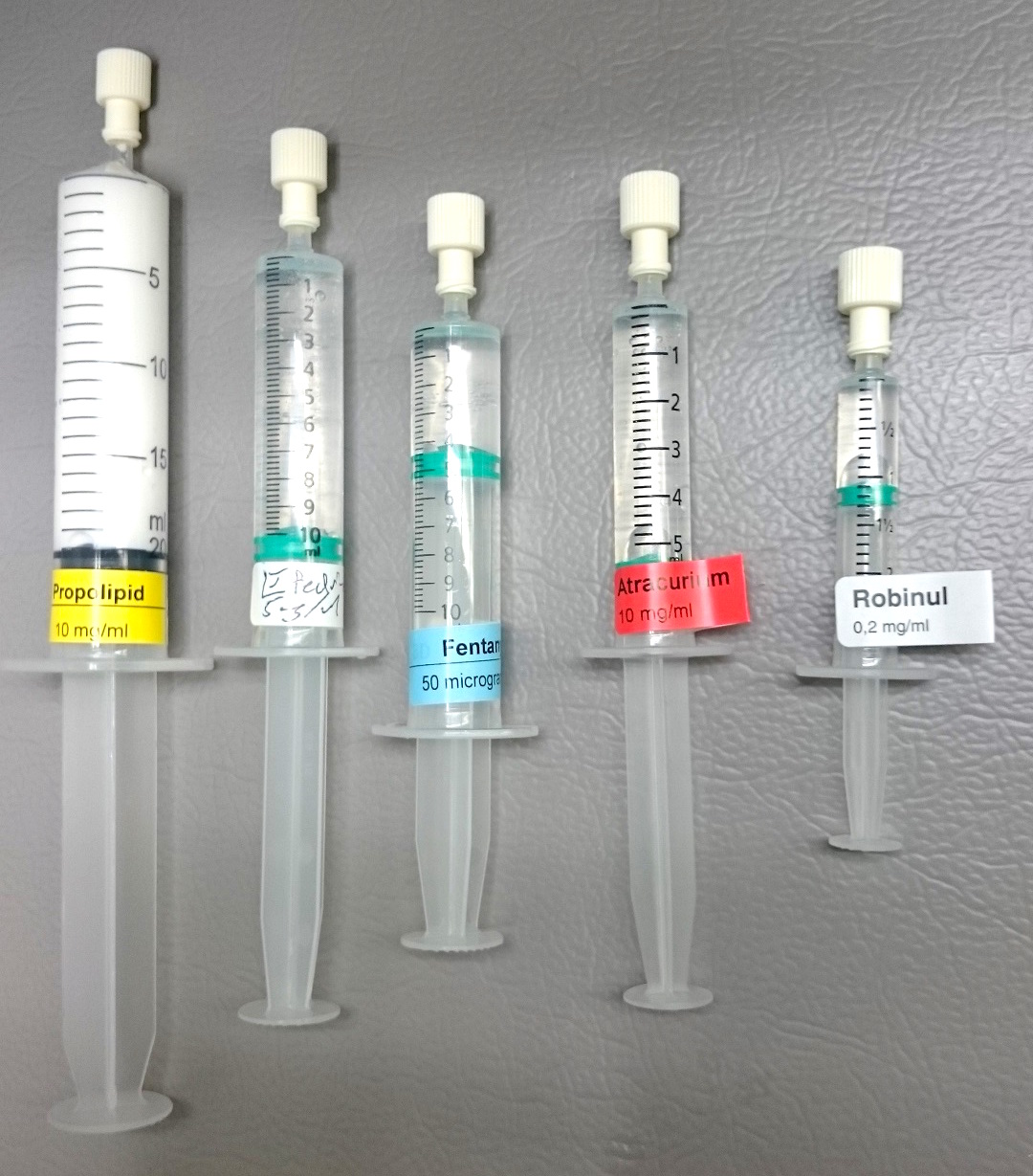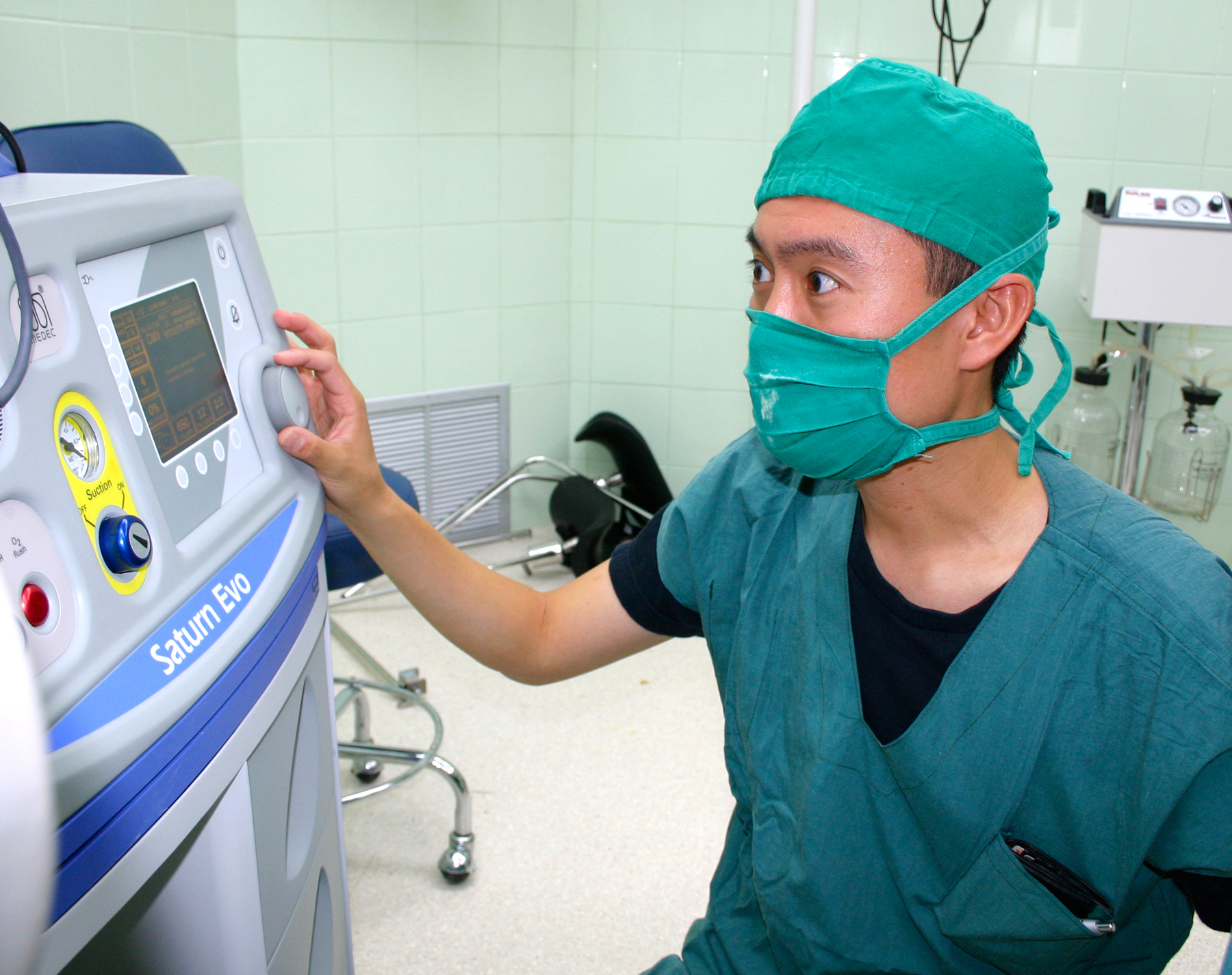Going under sedation can be scary, but it's much easier to process if you have all the important information well before your procedure.
Whether it's yourself or a loved one receiving an anesthetic, there's really no such thing as asking too many questions long before you arrive for your appointment. Of course, they can also tend to be pretty nerve-racking situations that make you forget all the facts you should ask about.
This is especially true when it comes to accompanying a much younger or much older individual to their procedure.
Trust me, your doctor won't mind you making sure you get all the information straight before anyone goes under sedation. If they do balk at your inquisition, you might want to just find a second opinion.
Take a look to see all the important questions you'll need answered before you or a loved one goes under sedation.
And don't forget to SHARE the info with your friends on Facebook!
[H/T: U.S. National Library of Medicine]
1. Will This Be Local, General, Or Conscious Sedation?

Most of us are familiar with local and general anesthetics, but conscious anesthetic might sound like an oxymoron. According to the U.S. National Library of Medicine, that type of sedation basically means you'll be awake, but you'll also be relaxed and unable to speak or feel any of the process going on.
In some cases, you might be able to request local instead of general or conscious anesthetic if you'd prefer to not be put under.
2. Who Will Be Administering The Anesthetic?

It can be a physician anesthesiologist or they might be overseeing their assistant, a resident, or nurse. The most important factor is making sure the physician is present.
In some states, nurses are able to administer the procedure on their own, but the physician should still be on-site in case of an emergency.
3. Do I Need To Bring Someone With Me?

Depending on the procedure, you may be able to get yourself home after just a few hours of recovery. Of course, it's never a bad idea to have someone with you even just for emotional support.
4. When Do I Have To Stop Eating And Drinking?

This is a common request for all different types of procedures involving sedation, but most folks just follow the rules without thinking twice about why.
Apparently, solid and creamy foods have the potential to migrate back up while under anesthetics. This can lead to the lungs developing a dangerous type of pneumonia.
That's why it's so essential to know exactly when you need to cut off food and fluids beforehand. Your doctor can also let you know if there are any specific things to avoid at meal times leading up to your procedure.
5. How Will This Affect Medicine Taken On A Regular Basis?

You probably expect your doctor to be aware of any prescriptions you take regularly, but things can slip through the cracks with tons of patients and shuffling between data for each.
Go over your list of medicines with your doctor several days before you're scheduled for your procedure to double check the reactions that might occur.
6. Will This Have An Affect On Asthma?

Asthma, diabetes, high blood pressure, or any other chronic illness might require a special preparation for the procedure.
Again, your doctor might remember on their own, but it's important to bring up any ailments well ahead of time to keep bad reactions at bay.
7. Will Previous Cosmetic Surgery Be An Issue?

Everything from eye surgery to tummy tucks could have a potential affect on your ability to be safely operated on and healing correctly.
Even if you don't want to share all your nips and tucks with the world, confiding in your doctor is essential before any procedure involving anesthesia.
8. Does Age Make A Difference For This Procedure?

The very young and very old are obviously more vulnerable to bad side effects. Elderly patients might become confused and distressed following a procedure, especially if they show signs of dementia or Alzheimer's disease.
Children are more prone to dangerous choking situations, especially in the dentist's chair. Their smaller airways and unconscious state can make it difficult to notice there's an issue until it's too late.
Either way, it's important to protect your loved one with as much information from their doctor as you can get.
9. How Will You Be Monitoring The Process?

WebMD suggests that common equipment such as electrocardiograms, blood-pressure monitors, pulse oximeter, and carbon dioxide monitors be used to make sure everything goes smoothly throughout the procedure.
10. What Is The Procedure If Something Goes Wrong?

Obviously, everyone is hoping for smooth sailing for every procedure — but unfortunately, there's always the chance that something will go wrong.
Having your doctor explain exactly what their methods are in such a case, with plenty of details, can help ease your mind before you or a loved one goes under.
11. What Is The Facility's Recovery Setup?

After everything is said and done, you'll want to make sure the accommodations are up to snuff before the procedure even starts. You'll be a bit too distracted to notice much at all once the whole thing is over, and you definitely won't want any surprises.
Were you surprised by any of the questions you've never thought to ask before going under?
Be sure to SHARE the important information with your loved ones on Facebook!




